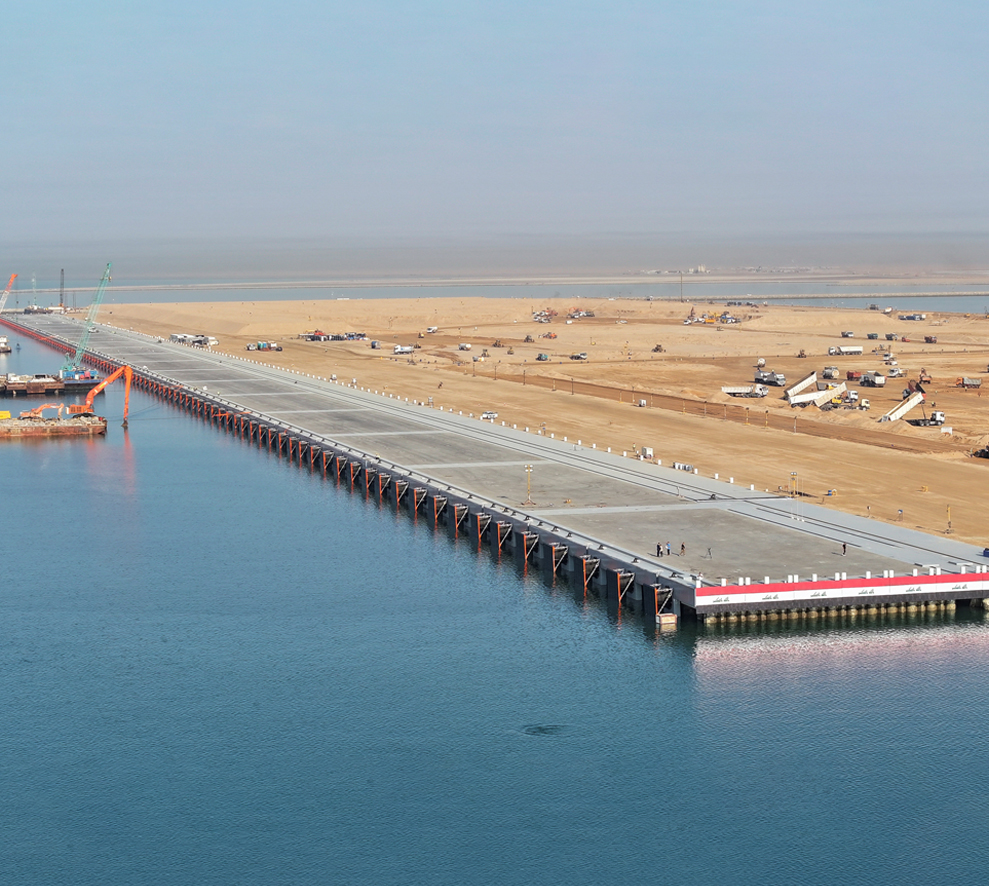Analyses
Regional Trends
The Syrian-Iraqi Border: Reshaping the Geopolitical Space of the Middle East
International and Global Trends
Real clear world: A former terrorist inside the white house
International and Global Trends
NYT: The President and A Former Terrorist Meet at the White House
Arab policy
The Syrian Unity Predicament: Files of Sovereignty, Security, and the Kurdish Issue
The Palestinian–Israeli Conflict
Trump’s Plan: Second Phase Scenarios
Filter by:
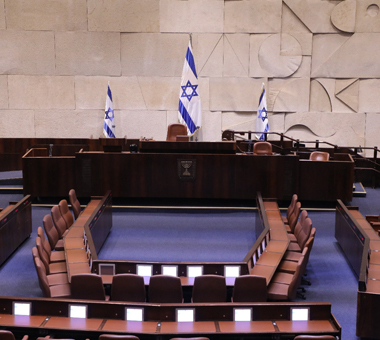
How will the Arab Parties' Alliances Change the Israeli Landscape in the Upcoming Elections?
Policy Analysis| This paper addresses the issue of Arab parties in Israel running for the twenty-fifth Knesset elections, with three separate electoral lists. The paper seeks to extrapolate the expected results of such running, by analyzing the reality of these parties, as well as their electoral experiences, in the light of calculations of interests and concessions.
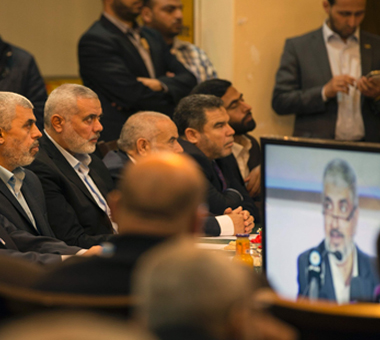
The Hamas-Damascus Track: One Way or an Intersection of Interests?
Policy Analysis | This paper seeks to provide an analytical reading of Hamas' announcement to resume its relations with Syria after a decade of rupture. It also examines the motives behind the announcement in light of the Hamas's ambitions and the pressures that besiege Hamas the factors and variables leading to this declaration, and the internal problems and external obstacles that it has faced in the past or may face in the future because of it.
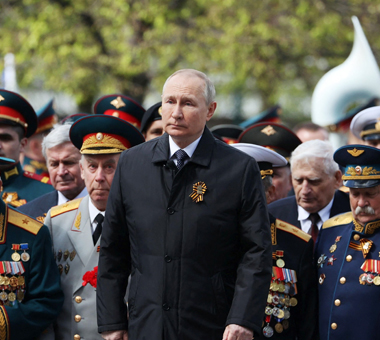
Declaring Partial Military Mobilization in Russia: Analyzing Dimensions and Betting
Position Assessment | Russian President Vladimir Putin's announcement of partial military mobilization in Russia is discussed herein, at a time when local authorities in areas controlled by the Russian military are about to hold a referendum on their independence from Ukraine. This could mean the Ukrainian crisis is entering a new phase in which the repercussions on international peace and security could be serious.
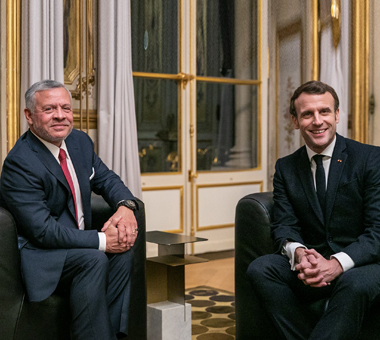
The Visit of His Majesty King Abdullah II to France: Timing and Indications
Position Assessment | This paper addresses the visit of His Majesty King Abdullah II bin Al Hussein to France, on the fourteenth of September 2022, and also the most important issues of common interest.
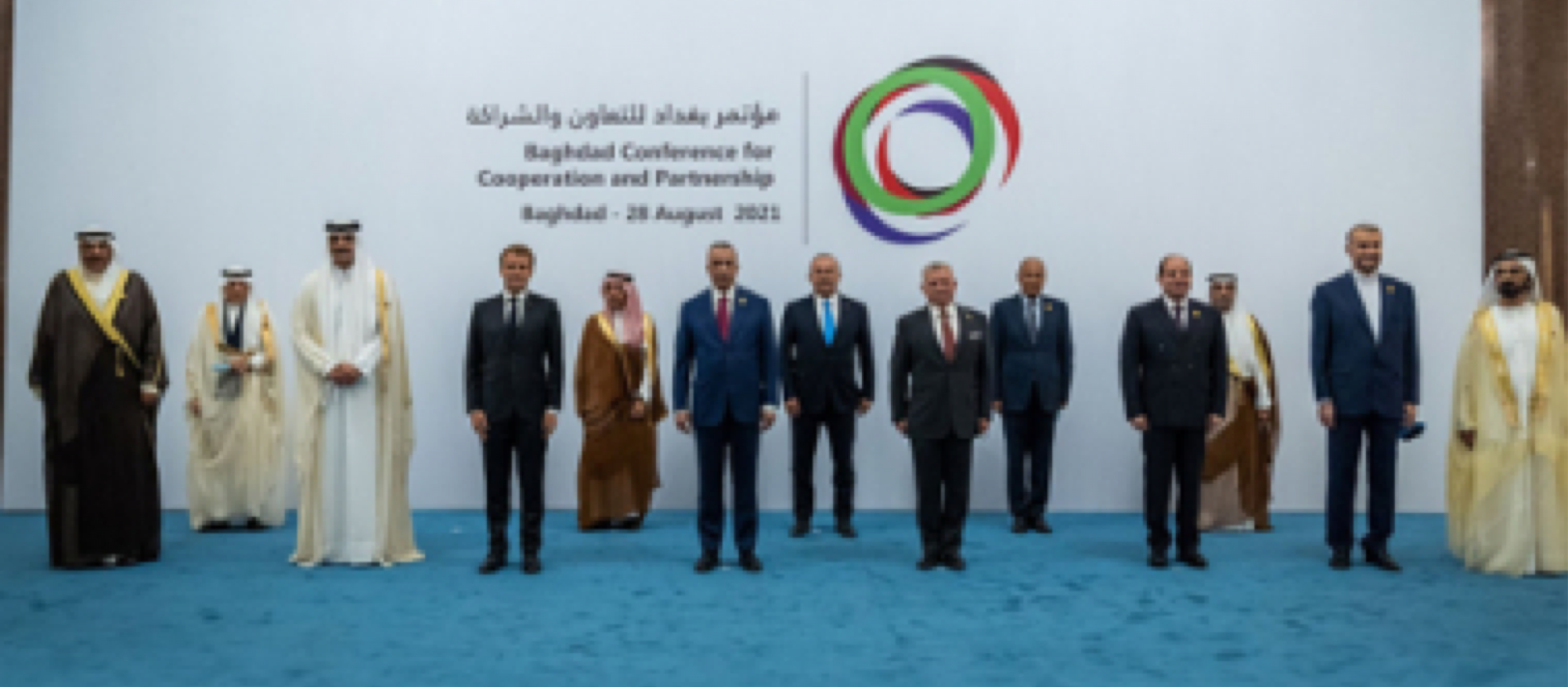
Advertising space title
Description of the advertising space. Upon the client’s initial approval of the design, this text will be removed.
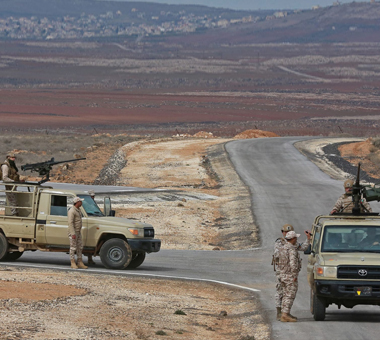
Did Jordanian-Syrian Relation Pass Narcotics Test?
This paper examines the developments of Jordanian-Syrian relations in facing a shared challenge: transnational drug gangs, which has proven to be an important factor in shaping the nature and premises of their joint agreements. From this viewpoint, the paper assesses the strengths and weaknesses in the understandings between the two countries.
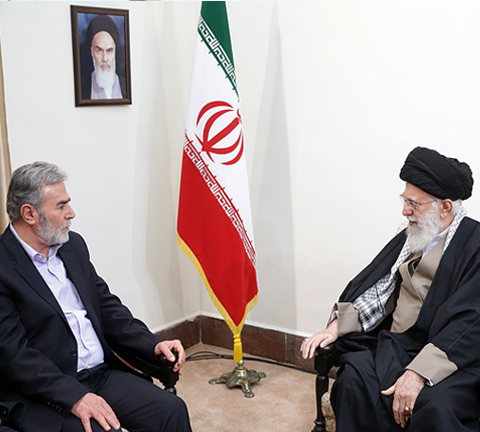
Islamic Jihad: A Time Bomb in a Fragile Reality
This paper provides an interpretation for the reasons of the Israeli escalation against Islamic Jihad in the West Bank and Gaza Strip and assesses the repercussions of that escalation.

Al-Qaeda Post-Zawahiri: Structure, Crisis, and Future
Position Assessment| This article seeks to extrapolate the fate of al-Qaeda after the demise of its leader, Ayman al-Zawahiri. Such exploration analyzes the reality of al-Qaeda at its structural and operational levels; the crises it is suffering; and the future of al-Qaeda as well as its branches, and the prospects for change in al-Qaeda’s ideological discourses, network of relations, and positions on the ground.

Alexander Dugin and the "Eurasian" System: Philosophy and Strategy
This paper tackles the attempted assassination of the Russian political philosopher Alexander Dugin, seeking to find the reasons behind such an attempt by analyzing Dugin’s philosophical and strategic system, and its role in guiding Russian policies.

India and the Dilemma of Balancing Its International Relations: The Ukrainian Crisis as a Model
Policy Analysis | This paper is seeking to analyse Indian foreign policy through the model of the Ukrainian crisis. It is also seeking to foresee the outcome of the Indian position on that crisis by addressing the historical, economic, military, and geopolitical determinants of the Indian foreign policy. It presents the Indian position chronology of the development on the Ukrainian crisis, as well as the opportunities that such crisis may offer to India despite the caveats that may be imposed on it.
